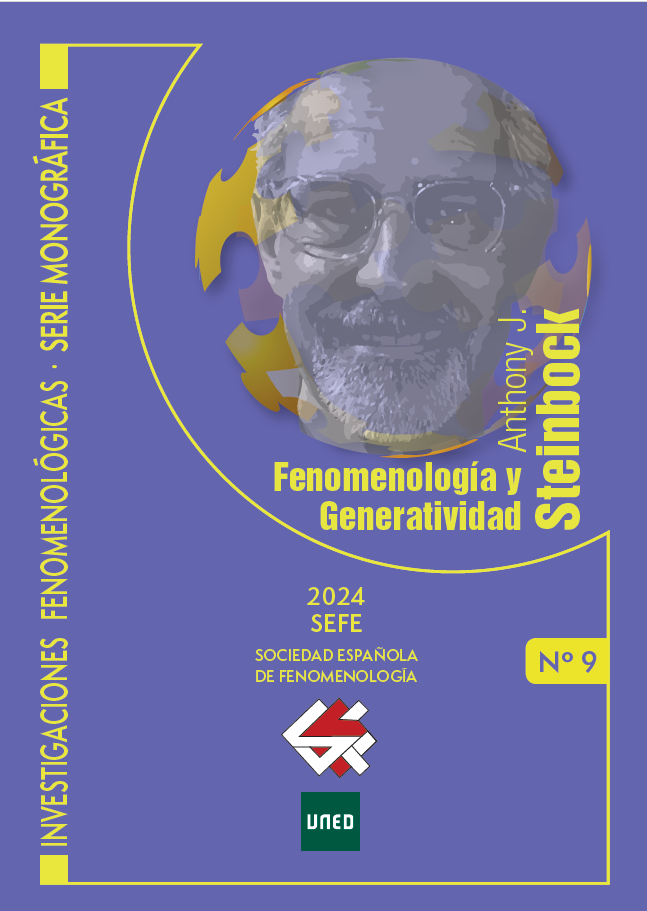Egología, generatividad y la complementación biológica de la fenomenología trascendental de Husserl.
DOI:
https://doi.org/10.5944/rif.9.2024.41513Palabras clave:
génesis, generatividad, biología, mundo de la vidaResumen
En el presente artículo, señalaremos que la determinación husserliana de lo vivo incluye tanto momentos genéticos como generativos, los cuales funcionan en paralelo y que no pueden ser ignorados. A partir del análisis de las propuestas de Steinbock y de Walton sobre la tensión que existe entre el método generativo y el genético, mostraremos que la determinación del mundo humano contiene elementos biológicos que son indispensables de considerar y que, por lo tanto, la generatividad debe incluirlo. De este modo, sostendremos que el ser humano pertenece a un doble contexto biogenerativo que lo pone en relación con otros seres a quienes identifica como vivientes. Finalmente, tomando en consideración las reflexiones tardías de Husserl, concluiremos señalando que el mundo de la vida no puede ser el mundo puramente humano, pues los seres vivos también están incluidos en él de manera constitutiva.
Descargas
Descargas
Publicado
Versiones
- 2024-12-24 (2)
- 2024-12-23 (1)
Cómo citar
Número
Sección
Licencia
Derechos de autor 2024 Investigaciones Fenomenológicas

Esta obra está bajo una licencia internacional Creative Commons Atribución 4.0.
![]()
Reconocimiento (by): Se permite cualquier explotación de la obra, incluyendo una finalidad comercial, así como la creación de obras derivadas, la distribución de las cuales también está permitida sin ninguna restricción.







